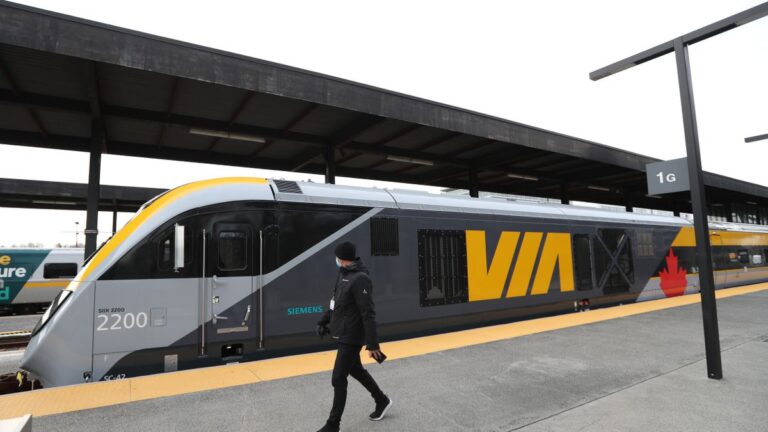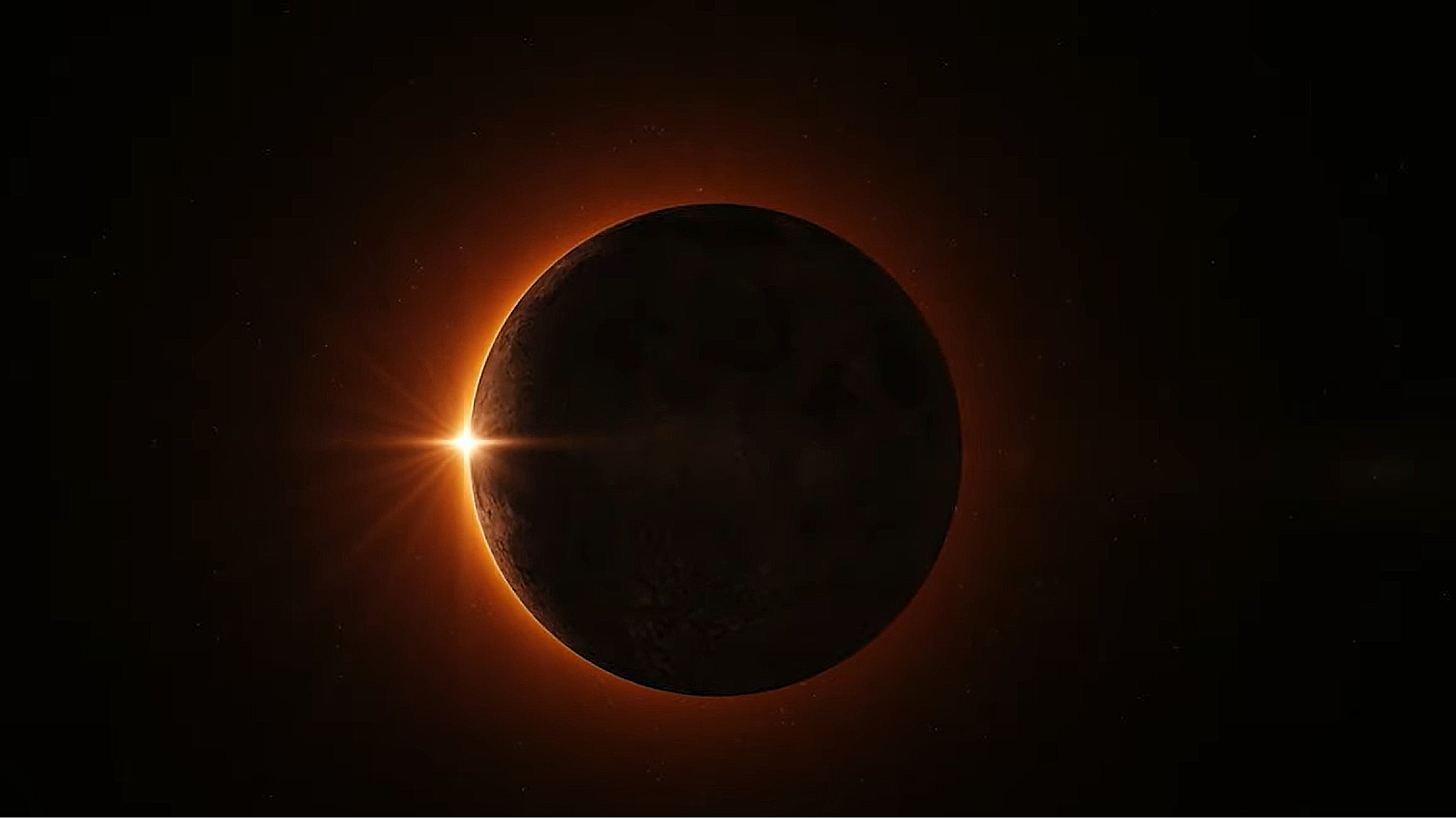
[ad_1]
OTTAWA, CANADA — I had the chance to fly across North America for the total solar eclipse on Monday (April 8). But instead, I’m staying local.
The upcoming solar eclipse will streak across a small band of the United States and touch parts of Canada and Mexico as well. I’d known for years that this celestial was coming, and with the privilege of my job here considered a range of incredible locations: Austin, Texas, with its world-class art scene. Dayton, Ohio, with its unique National Museum of the Air Force. Even Niagara Falls, where NASA — and about a million people — will be congregating for the sights.
But instead, I’m heading into the Toronto area by train. My husband and I chose to ride the rails and to hopefully, skip most of the road traffic. Aside from that, low-key is the way we prefer to travel — and live our lives, more generally.
Related: April 8 total solar eclipse could bring uptick in fatal car crashes, scientists caution
The philosophy of my life is simple, when I can make it that way, and reflects what Bertrand Russell once wrote: “A happy life must be to a great extent a quiet life, for it is only in an atmosphere of quiet that true joy can live.”
In my time away from work, I’m deeply invested in the success of my friends, my family and my community. On the family side, the train solution was ideal. It meant my husband and I could enjoy the sights out the window, instead of navigating back roads under stress. Our eclipse destination was just a few hours away, too.
Incidentally, my family has loved trains for generations; during the Apollo era, for example, my grandfather worked for the Penn Central and New York Central railroads from an office in Toronto.
But, like many other things in Canada, our trains came at a price. Yes, they linked our country on its western and eastern coasts when settlers (and companies) in the 1880s needed it to ship goods and people. But more than 17,000 Chinese men worked on the western section of the transcontinental line alone, in harsh working conditions that killed an estimated 700, according to the Toronto Railway Museum. Much of the transcontinental line also passes through unceded Indigenous territories, according to Canadian Geographic, which my country is still trying to sort out.

My husband and I could have traveled internationally by train, admittedly: Some U.S. cities experiencing the eclipse are also close to rail, and we’re within easy reach of the border. But we decided to stay local, to keep our purchasing dollars here, and to enjoy the once-in-a-lifetime experience of witnessing an eclipse not too far from our home.
So often, space events require me to get on a plane and jet far away — the five human spaceflight launches I witnessed in Kazakhstan and Florida, for example, or the Artemis 2 astronaut announcement a year ago on the other side of the continent in Houston.
I was certainly lucky to be in those places and to see those sights. But I can do this total solar eclipse, this one special space thing, near Ottawa. Why not enjoy it here, and let others I care about come along for the ride?
The province of Ontario, where I live, is usually rainy or snowy in early April. So we very well may be standing on some road “experiencing” nothing more eclipse-like than a brief span of nighttime in miserably cold weather. But it’s our eclipse, near our hometown, and that’s something we’ll never get to experience again, no matter how far away we go.
It’s so fun to see my local community come together to celebrate this, even though the total eclipse does not quite reach Ottawa. I’ve been asked by reporters in my city to talk about connecting with kids. I have friends who are running astronomy events, or dashing out between work obligations to use their eclipse glasses to peer at the sky.
In truth, my home city is taking value from this singular space event. I’m sure there will be kids who carry this eclipse memory far into the future, spinning it into a career in science. And it will be the talk of all of my connections for the rest of our lives. Even if it snows.
If you’re looking to observe the solar eclipse, our guide on how to observe the sun safely guide tells you what you need to know to look at the sun. We also have a guide to solar eclipse glasses, and how to safely photograph the sun if you’d like to get practicing before the big day.
[ad_2]